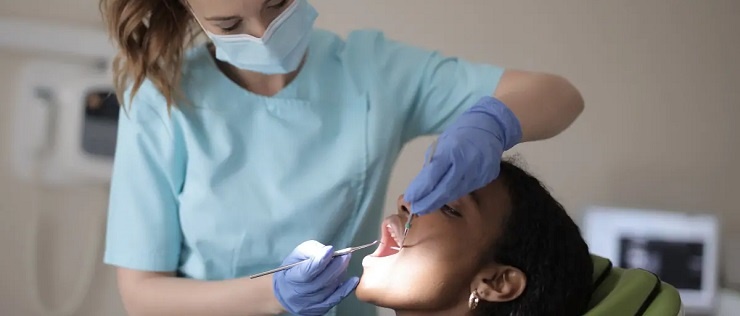It is the right of every patient to expect a duty of care from any medical professional, and that includes their favourite dentist. Should that dentist fail to show a duty of care to the patient, and it results in that patient suffering a loss, injury, or damage, then the patient has the right to sue that dentist or dental practice, for medical negligence.
Now that all sounds fine, but you should be aware that medical negligence is an extremely complex area of the law and being able to prove medical negligence can be a considerable challenge. Should you ever need to sue, then it is certainly advisable that you seek legal guidance and representation.
Whilst you may have an existing commercial lawyer from www.rowebristol.com.au who represents you, for medical negligence cases it is recommended that you acquire a lawyer who is versed in that sort of case. For a start, they will consult with you to ascertain whether not you have grounds to bring a medical negligence case at all, and if you do, what the chances are of it succeeding.
The first thing they want to establish is whether you have grounds for a medical negligence case. Often a patient will want to sue because their treatment was painful, their dentist was disrespectful, or that teeth whitening did not make their teeth as white as they thought it would.
Whilst these might all be grounds for being unhappy and for complaint they do not constitute what qualifies as grounds for suing for medical negligence. Should you wish to complain about your dentist formally then you can contact state or federal health authorities.
In order for a medical negligence claim to succeed there are two critical elements that must exist. The first is that there was a failure of duty of care on the part of the dentist, which is termed negligence for legal matters. Now, that alone is not enough because simply showing a dentist failed in their duty of care is only half of the equation.
The other half is that harm, loss, damage, or injury was caused. Further, it needs to be shown that the cause of any of these was in fact the negligence of the dentist.
The balance of probabilities is what the court will be looking at therefore your legal representative needs only to be able to show that it is probable that negligence was the cause of the injury or damage. Note that it does not need to be shown to 100% certain, merely greater than 50% likely.
If they can do so, then you should win the case, and as such be entitled to compensation. Incidentally, the fact that to win you need only show 51% probability, does not mean you only get 51% of your entitlement. If you win you should receive 100% of what the court determines as your compensation.
To calculate what compensation you are entitled to the court may include some or all of the following:
- Medical costs and expenses
- Lost earnings
- Travel expenses
- Home assistance costs
- Pain and suffering costs
- Potential future losses. (e.g. lost earnings)
It is impossible to say exactly how much any individual would receive as each set of circumstances is unique, nevertheless, the amounts that have been awarded in successful medical negligence claims have ranged from tens of thousands of dollars to several million dollars.
